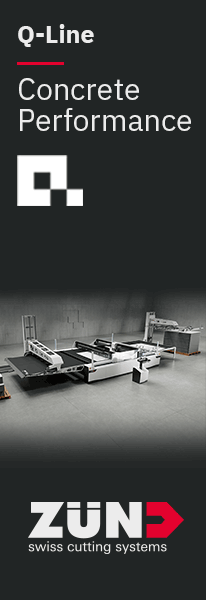Tetra Pak has introduced a new collaborative innovation model with leading paperboard producers, aimed at tackling the food packaging industry’s sustainability challenges. The traditional operating model of a linear supply chain is changing, and a new partnership ecosystem model is emerging, where the entire industry works in close collaboration. This brings together not only producers and suppliers, but also research institutions, universities and start-ups in an attempt to find solutions.

According to the latest research the global food supply chain system is responsible for 26% of global greenhouse gas emissions; fossil fuel-based materials need to be phased out; and significant improvements are needed to the way packaging is dealt with after use. As a result of this, leading paperboard producers are uniting in their approach to tackle carbon emissions and to create a net-zero carbon future.
“We are joining forces with our strategic partners and paperboard producers to find solutions. It’s possible to make a completely sustainable package, but you have to make it safe. And if you can’t make it at scale, you can’t minimise food waste, and you can’t serve a growing global population. In order to bring those three things together, it takes very strong collaboration,” said Laurence Mott, Executive VP for Development and Engineering at Tetra Pak.
Mott says that the scale of the environmental challenges the world faces, requires that stakeholders within the value chain join forces to develop truly sustainable packaging solutions.



